On the evening that the House of Representatives voted Malta’s civil union Bill into law last April, American Ambassador Gina Abercrombie-Winstanley was on hand outside Parliament joining in the celebration. Her presence earned her simultaneous kudos and criticism.
Knowing the current US government’s favourable views toward gay rights, I asked the ambassador whether her decision to attend the celebrations was a personal or policy decision.
As it turns out, it was a little of both.
Mrs Abercrombie-Winstanley explains, “This is an interest as an American. We believe in human rights and we believe that civil rights are human rights. Even among Americans, you won’t get agreement on every single right, but it is the US government’s view that LGBT (Lesbian, Gay, Bisexual and Transgender) rights are both civil rights as well as human rights.
“So it’s easy for me to support it and it certainly comports with my personal views. I am a minority myself, so I know the burden of being judged on something that is absolutely external and that has nothing to do with what I bring to the table and what I am able to contribute or accomplish.
“I think that is something that everybody deserves.”
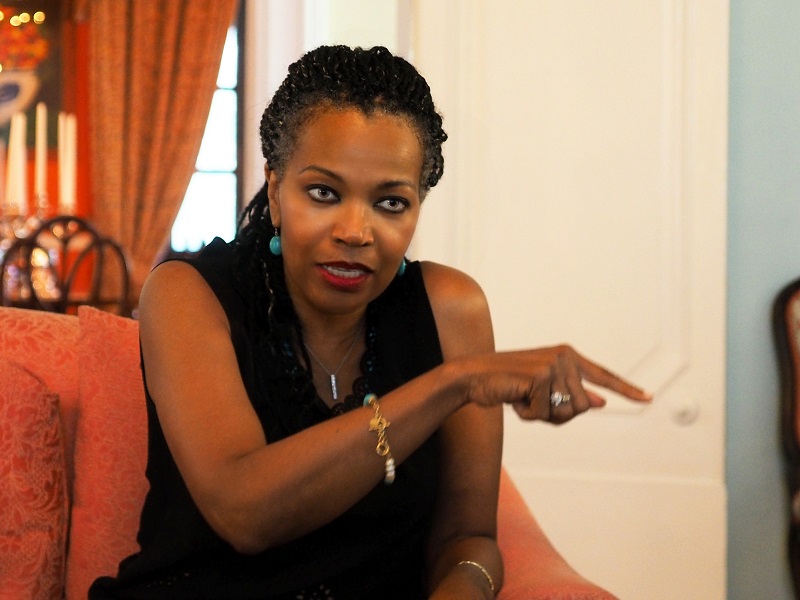
Over recent years, America’s resettlement programme has resettled more of Malta’s resident refugees in the United States than the whole of the European Union has, many times over at that, despite years of Maltese appeals for burden sharing from its fellow EU member states.
As far as Mrs Abercrombie-Winstanley is concerned, the programme will remain up and running and there are no plans to downsize it.
“This is an important programme and one that we believe in firmly,” she explains. “The United States is a nation of immigrants so we recognise their value. These are people that the UNHCR has determined have absolutely full access to refugee processing programmes, so we are willing to take them in.
“They could just as easily stay in Malta since the rules are such, but because we recognise the particular challenges that Malta faces as a small island state, this is the only place in Europe where we have this programme.
Confirming that there are no intentions of downsizing the programme, Mrs Abercrombie-Winstanley highlights that the programme is, in actual fact, twofold. Half of that programme deals with resettling refugees into the United States, while the other half deals with helping Malta integrate those refugees who are not going to leave the country.
Integration is a thorny subject, with studies time and time again showing a certain resistance among the Maltese to integrate refugees settled in the country.
But Mrs Abercrombie-Winstanley stresses the importance of integration initiatives since, as she says, “Not every migrant that comes to Malta is going to leave Malta, many will actually become Maltese.”

Along such lines, the US embassy carries out a number of integration-oriented programmes and, she adds, “If we had lots more money we would do even more”.
She highlights the Organisation for Friendship and Diversity Summer Camp as a case in point.
“This programme, as an example, has refugee, migrant and Maltese children all participating. We help fund that, and as you know, when children get together, it’s a magical thing and this is one of my favourite programmes.
“The subject of integration is something that we talk about with the Maltese government. It is a major issue and a challenging one for any nation, and Malta is particularly special because of its small size and island nature.
“Nonetheless, I believe that more could be said and done to highlight the contributions that many migrants have made to the Maltese economy, society and culture.
“A woman who now has Maltese citizenship does my hair, for example. She is Maltese, she has a salon that has all kinds of customers and she provides a wonderful service. This is just one instance among so many in which people who were immigrants to Malta add to the country’s society.
“The Armed Forces of Malta also does very valiant work with trying to save refugees as they move out from North Africa, particularly from Libya. The US has had occasion to work with the AFM to save lives, which is the most important thing any of us could be doing.”
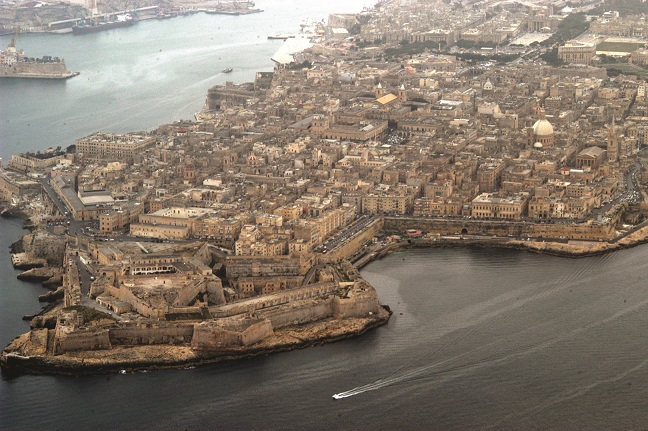
Malta’s importance to the United States
Mrs Abercrombie-Winstanley describes the current state of Maltese-American bilateral relations as “excellent”, with healthy, ongoing cooperation on a variety of foreign policy priories.
“Malta and the United States have several shared values and shared interests – not only in the Mediterranean but beyond the region as well.
“I know that when we talked about the pivot from Europe to Asia under former US Secretary of State Hilary Clinton, she made the point that we [the US] pivot with Europe. So Malta bilaterally and as a member of the European Union is a very important partner for the United States – whether it’s on issues with Ukraine or Libya, or on other issues where Malta’s voice and experience is very important to be part of the solution.”
Many would question tiny Malta’s importance to the United States but, as Mrs Abercrombie-Winstanley argues, Malta is important to the US “for a variety of reasons”.
One obvious reason is Malta’s status as a European Union member state and with the EU working by consensus, at least for the time being, Malta’s relations with the United States are crucial.
As she points out, “The European Union is the United States’ most important partner in foreign policy, so Malta has a firm role to play.
“Bilaterally of course, one of our main foreign policy goals is supporting the emerging democracies in North Africa, where Malta has long experience, particularly with Libya but also across the whole of the Maghreb. Malta is part of those discussions and it is an able partner as far as Mediterranean security is concerned.”
Along such lines is Malta’s hosting of the International Institute for Justice and the Rule of Law, which is supported by the United States and Malta, as well as the European Union, the UK and a number of other countries, and its membership ranging from Europe to North Africa, to sub-Saharan Africa.
Its aim is to bring together experts from around the world to teach the importance of the rule of law in the setting of Birgu’s old armoury building – a case of the building morphing in purpose from war to peace.
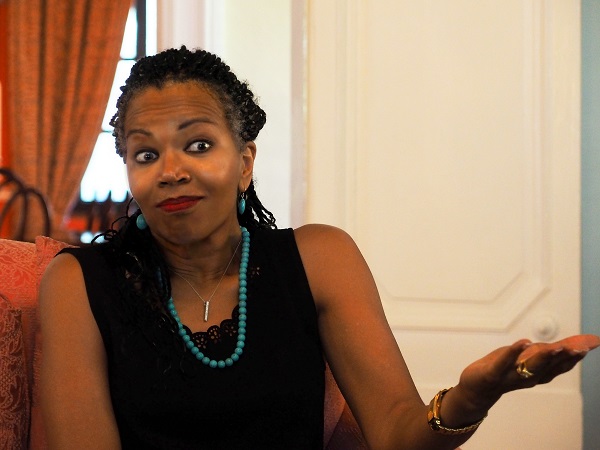
Mrs Abercrombie-Winstanley comments on the institute, “We have long understood that even if you have great law enforcement and you capture and prosecute terrorists, if it is not done under the rule of law and if they are not held in a humane fashion, you just end up, quite frankly, radicalising more and more people.
“So the institute will be providing that sort of training for judges, prosecutors, police officials and legal professionals. It has already had several iterations of courses and the next one will be coming up this month.”
The institute, she observes, has already conducted a couple of courses on the issue of foreign fighters, which is currently a priority issue for many European countries, as well as the US.
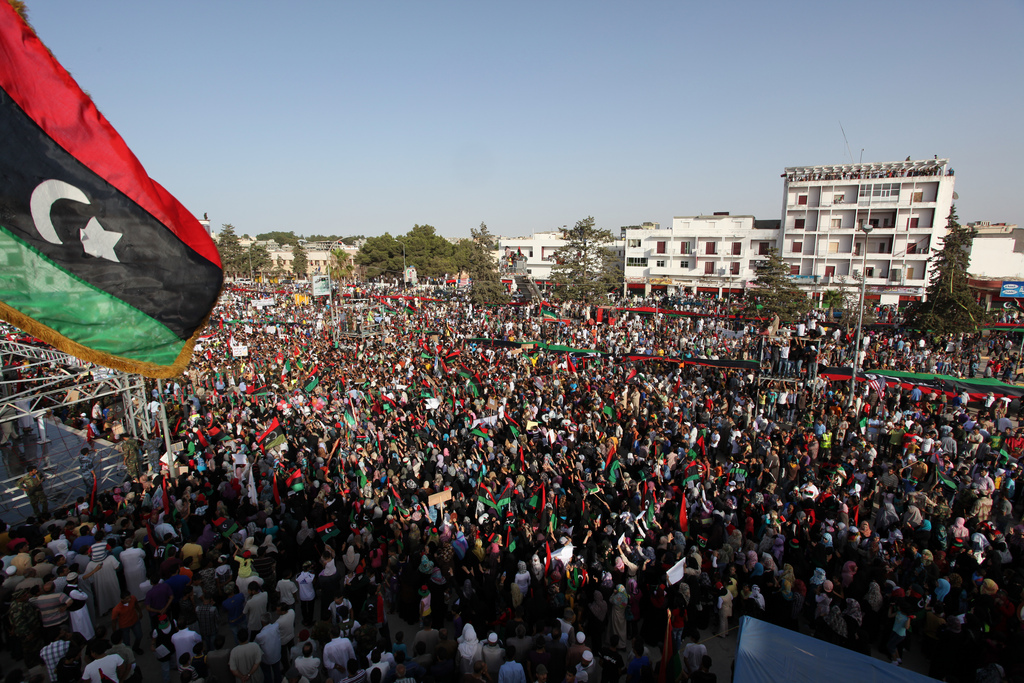
Libya
In Malta, as in every other country, the US government is about extremism, about recruitment and about radicalisation, and recent experience in Iraq and Syria demonstrates just how much developments in far away regions can have far-ranging impacts.
In the ambassador’s view, “Malta’s proximity, knowledge and expertise make Malta a strong partner for the US, and indeed for the rest of the international community that is trying to support the voices of moderation in Libya.
“As you know, we have our ambassador to Libya resident in Malta now and a point she and Secretary of State John Kerry have made is that the problems in Libya cannot be solved through military action. Shooting each other is never going to solve anything. What we have to do is bring the various factions together to figure out a way forward.
“And this is what the Libyan people want. They just had elections in June and they voted for a representative body in free and fair elections. It’s clear what the people want and that is for the Libyans to show leadership and figure out a non-violent way forward.”
She cites the 10 principles worked out by the special envoys to Libya, one of which is Maltese, and posits that they could essentially be boiled down to three basic tenets: stop shooting; agree to a democratic process that is adhered to without violence; and be willing to listen to, negotiate, and to figure out the best way forward for the country.
“There is a good deal of work going on with our own ambassador and envoy and there is the neighbours’ process for countries with land borders with Libya, while a number of other countries are working on Libya and are intent on helping them rise above what has been 42 years of chaotic, despotic leadership.
“Speaking very honestly, at this point it is clear that neither we nor the Libyans understood the depth or the breadth of the challenges the Libyans were facing after Gaddafi.”

9/11
With last week’s commemoration of the anniversary of the 9/11 terrorist attacks on the United States, the question of where she was when the first plane struck is inevitable.
“Like so many people, everyone has that story to tell. I am old enough to remember the assassination of President Kennedy and this will be the second event where everybody knows where they were when they heard the news.
Mrs Abercrombie-Winstanley was actually on a plane when the first plane struck, flying out of Washington to visit her mother.
“I got off the plane and heard the announcement that the FAA was shutting all the airports. I was thinking ‘Why’ because no one was talking about it at the airport. When my brother picked me up he asked if I’d heard, and he told me.
“In my case, my husband was travelling as well and we had two young children in Washington with nobody to get the children from school; we had quite a scramble to make arrangements.”
In the ambassador’s view, the United States is still suffering the ramifications of that fateful day.
“We have had some difficult learning processes, we’ve made mistakes. One of the things that make me proud to be American is our willingness to look at ourselves, to judge ourselves and say openly that we have made a mistake. And we’ve done it throughout history – whether through slavery, interring Japanese during WWII or McCarthyism – there are many times that we’ve made mistakes.
One such mistake, she says, was in terms of “the civil liberties we as a country were willing to surrender and how we dealt with a number of things because we were suddenly really a part of a world and afraid”.
Is the ambassador referring to the United States’ knee-jerk reaction of invading Saddam Hussein’s Iraq?
“I would say the previous administration genuinely believed that there were weapons of mass destruction in Iraq. I served in Iraq for two years. I was there under Saddam Hussein, a despotic leader who would be difficult to match.
“So to believe that Saddam Hussein had WMDs and that he was willing to use them again, after having used them on his own people, was an error but a reasonable one.”
“I still remember reading a really critical, scathing report on the Department of Justice and how we were dealing with a variety of cases under the Patriot Act and I just could not believe what we were doing as a government. But the fact is that the report was published by the Department of Justice itself and while I was aghast at what I was reading, I was also extremely proud that people were able to speak up honestly and that it was publically reported so that we could correct what we were doing. And that is part of our ongoing effort to continuously self-correct; we still do that and we are proud of it.
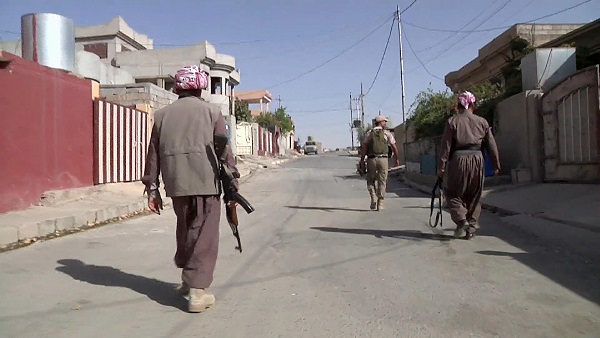
The Islamic State, Russia and Ukraine
The world’s geopolitical situation seems to have grown somewhat more volatile lately, with the emergence of the Islamic State, tensions between Russia and Ukraine constantly increasing and with the recent violence in Israel and Gaza, what is America’s view?
“Like every other nation you have to be able to walk and chew gum at the same time. There are a number of crises around the world and luckily, we have the capacity to focus on them all and to work with partners to deal with them. All of these things that you have mentioned; some might argue there is some connection, others would say not so much.
“As concerns the Islamic State, this is an international problem that I think everyone realises by this point that the threat, the barbarism that is being used by these people to forward their aims, the treatment of Christians and other minorities in Iraq.
“While the US and other members of the international community are working hard to push the Islamic State back militarily and to provide aid, the far more important thing that we have stressed is that the Iraqi government has to correct itself to return to inclusiveness.
“The build-up of support for the Islamic State happened because the Iraqi government was not as inclusive as it should have been, and people felt excluded and unheard and were therefore turning to other places for support. This is something we have been very clear with the Iraqi government about. Of course they have made changes and hopefully things will continue along this path to inclusiveness, which will allow the support for Islamic State to diminish and for Iraqis to come together for their country and future. And that future is not as an Islamic caliphate.
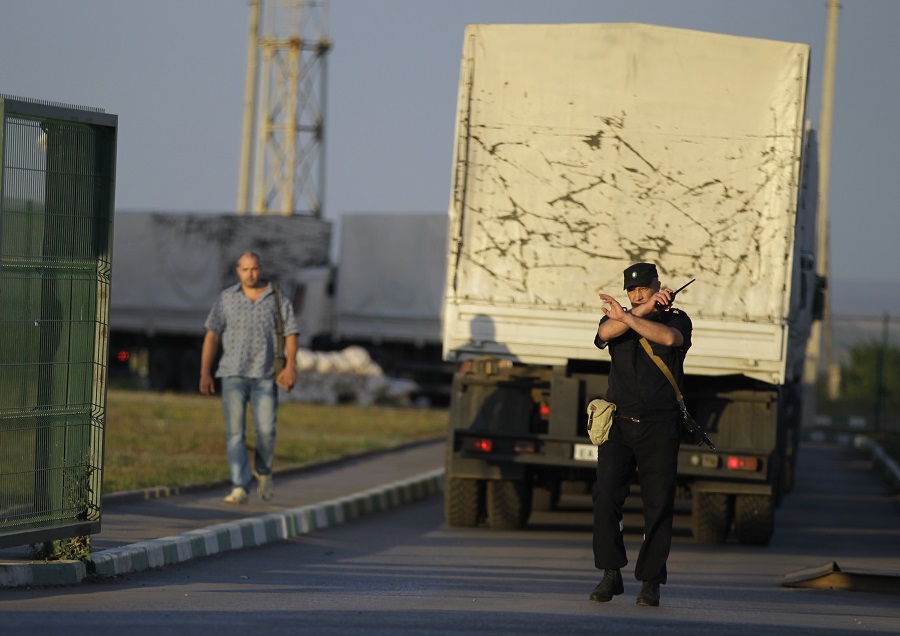
In terms of the Russia-Ukraine situation, Mrs Abercrombie-Winstanley notes that the United States has been, “in continuous diplomatic touch with Russia, as have the European Union and others who recognise that Russia’s usurpation of Ukraine’s sovereignty, its support for separatists, reports of Russian military being in Ukraine are all indeed threats to international peace. They are a threat to Europe, and are certainly unacceptable with regard to Ukraine’s sovereignty.
“We are using diplomatic, non-military means to make sure that Ukraine understands it has international support and that Russia understands the cost of such anti-social behaviour.
“The peace and tranquillity that has been in Europe for the past 50 years is simply too precious to squander. We have been working in tight partnership with the EU and the sanctions we have both put in place have short-term and long-term impacts. The short term is of course increasing Russia’s isolation, but the long-term impacts are on Russia’s economy and they will have an economic cost that the country will not be able to quickly recover from.
“We are increasing the pressure because we want to give them the opportunity to make good on the words they have spoken - they keep saying they want peace; that they want a resolution, but their words and their actions do not yet match.
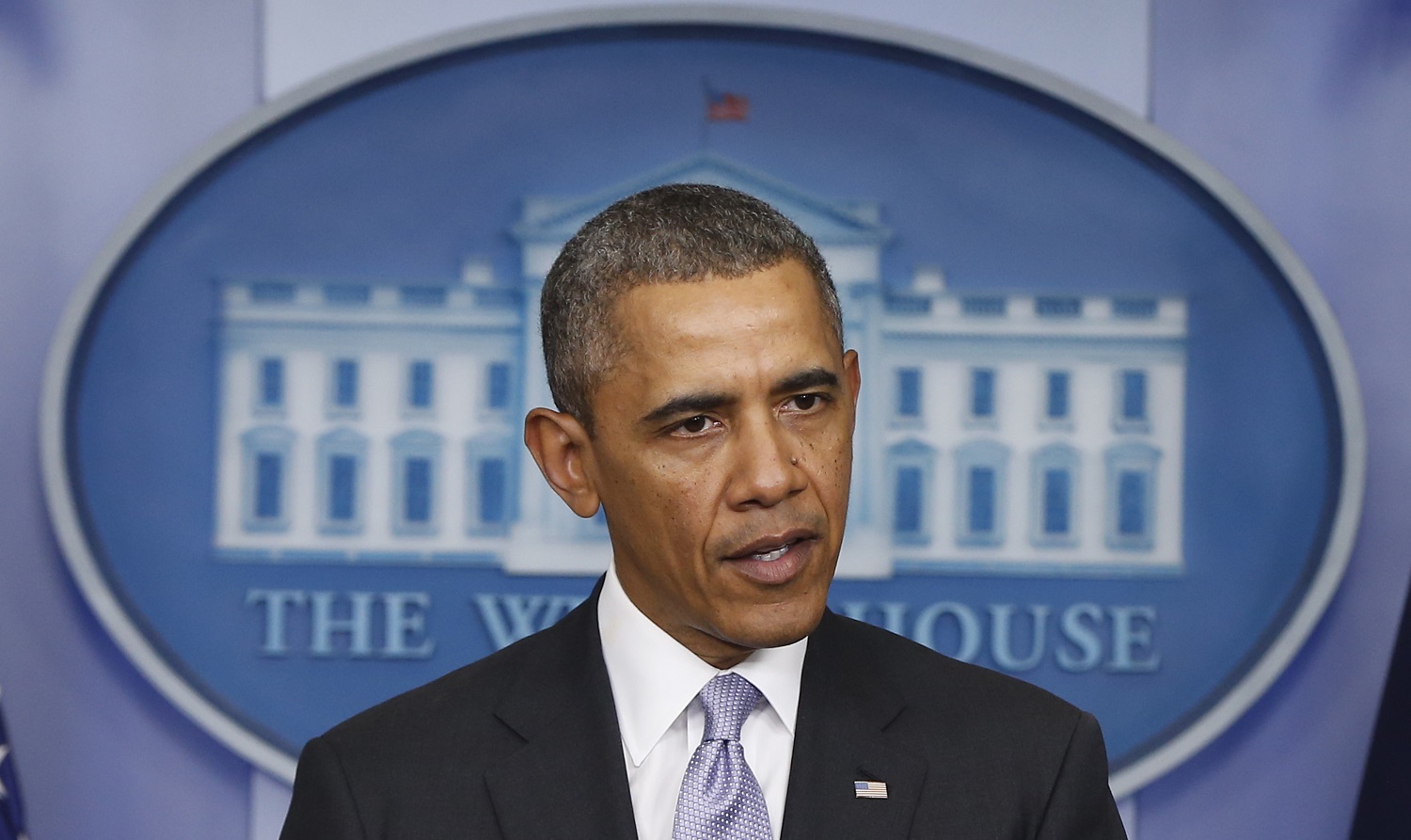
Obama’s legacy
Mrs Abercrombie-Winstanley, like so many others, believes that it would be impossible for anyone to have lived up to the expectations of US President Barack Obama in the heady days following his first election.
“I think we all know that,” she remarks with a laugh, “but it was nice for the first few days to imagine that everything was going to be fixed.
“He has done a wonderful job of re-cementing our international partnerships with Europeans and with many, many other nations around the world.
“As has been proved by polling and by general discussions and studies of his popularity, President Obama has been a wonderful symbol of the respect that America holds for others; for European nations and others around the world.
“His message that we are not interested in going it alone, that we are not interested in being the world’s policeman, that it was important to build coalitions among like-minded nations has been extremely positive and I think he’s done a wonderful job in this respect.”
Being the United States’ first African American president, she says, was “huge” and “something that showed everyone - African Americans and other minorities - that America’s promise is available to all of us, which, before he was elected President, I think many of us doubted.
“That is huge but it is also a most amazing, astonishing and wonderful reflection on the majority of Americans, because the African Americans or minority Americans alone did not elect him president – there are not enough of us to have done that, European-descended Americans did that.
“And that gesture of confidence, acceptance and hope also resonates for minority Americans – not only in that he was elected, but also because the majority said that we are ready to accept everyone as an equal.”